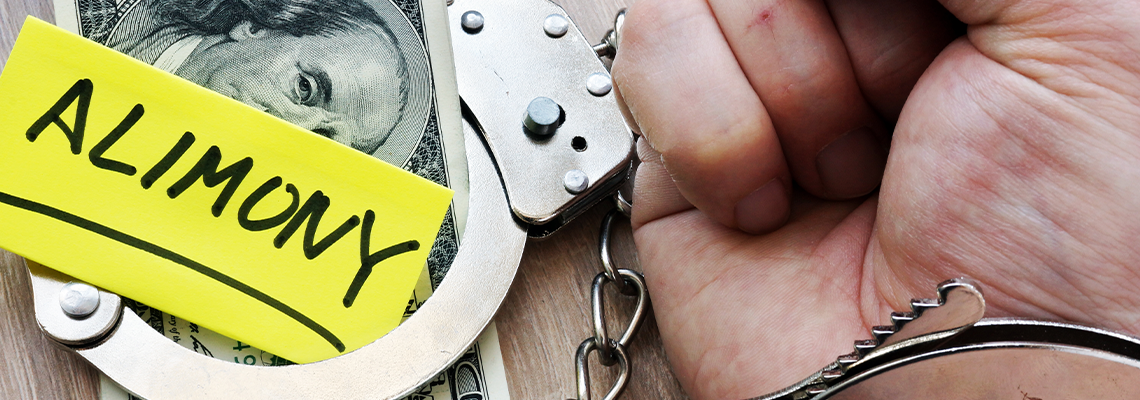
When couples prepare for marriage, prenuptial agreements (commonly referred to as “prenups”) can provide a sense of financial security. But what happens to these agreements when a marriage ends in divorce? Understanding the role of a prenup during divorce proceedings is essential for anyone dealing with this complex area of family law.
At Le Fleur Law LLC, Attorney Annie Le Fleur helps her Colorado clients address this question with compassion and skill. She combines years of courtroom experience with a deeply client-focused approach. Known for her aggressive litigation skills and empathetic demeanor, she is committed to protecting her clients’ rights and advocating for their best interests.
Serving clients in Grand Junction, Mesa County, Delta County, and Montrose County, Colorado, she is dedicated to providing the personalized representation you need to understand prenup agreements and resolve prenup-related challenges effectively.
How Prenuptial Agreements Function During a Divorce
Prenuptial agreements serve as legally binding contracts that specify how assets and liabilities will be divided in the event of a divorce. Typically, prenups address issues such as property division, marital debt, and spousal support. These agreements are meant to minimize conflicts and provide clarity. They can also address any special considerations, such as the division of a family business or custody arrangements for children from previous marriages.
Common Reasons Why Prenups Are Challenged
Even with a valid agreement, disputes over a prenuptial contract often arise. Here are a few reasons why someone might challenge a prenup during divorce proceedings:
Lack of proper disclosure: If one party failed to disclose certain assets or debts before signing the prenup, the prenup could be deemed invalid.
Coercion or duress: A prenup must be signed voluntarily. If there’s evidence that one party was pressured or coerced into signing, the court may overturn the agreement.
Unconscionability: The courts may invalidate prenups that are grossly one-sided or unfair.
Procedural errors: If the prenup wasn’t appropriately signed or wasn’t reviewed by independent legal counsel, it could be considered unenforceable.
Violation of state laws: Colorado has specific requirements for what constitutes a valid prenuptial agreement. If the document doesn’t align with these laws, it might not hold up in court.
Colorado Laws Governing Prenuptial Agreements
In Colorado, prenups follow specific laws that impact how they work during a divorce. It's important to understand these laws if you have a prenup or are getting married in the state. Some of the key points of Colorado legislation you should keep in mind include the following.
Valid Agreements Under the Uniform Premarital and Marital Agreements Act (UPMAA): Colorado adheres to the Uniform Premarital Agreement Act (UPAA), which establishes standards for the enforceability of prenuptial agreements. To be valid under this law, the agreement must be in writing and signed by both parties voluntarily. Each party must also have fair and reasonable access to legal representation during the drafting of the prenup.
Full and fair disclosure: Both parties must provide a complete and accurate disclosure of their finances, including assets, debts, and income. Failing to meet this requirement can render the agreement invalid.
Prohibited clauses: Certain topics cannot be decided by a prenup in Colorado. For example, agreements that waive child support are not enforceable. Colorado law upholds the principle that child support decisions must serve the best interests of the child.
Fairness in execution and enforcement: Even if an agreement is validly executed, courts may still assess whether enforcing it would be unjust or inequitable. This review establishes that one party cannot exploit unfair advantages during a divorce.
Why Should You Hire an Attorney for Prenup Disputes?
Many people mistakenly believe that having a prenuptial agreement means the divorce process will unfold without obstacles. However, as discussed, prenups can lead to disputes and even be declared invalid if improperly executed. Some of the ways a family law attorney can be instrumental in handling prenup-related matters effectively include the following.
Legal knowledge: Attorneys are well-versed in state laws and can make sure the agreement aligns with Colorado legal requirements.
Negotiation skills: An attorney can effectively advocate for you during mediation or court trials, particularly when the other party contests the prenup's validity.
Protecting your interests: Your attorney will work to protect your financial position and help you achieve a fair outcome.
By hiring a seasoned attorney like Annie Le Fleur, you can potentially minimize legal risk and gain peace of mind knowing that a capable and dedicated professional is advocating for you. Prenuptial agreements are far from simple contracts; they’re tied to highly personal and often emotional circumstances. Proper legal support can turn a stressful situation into one where your rights and priorities are fully protected.
Family Law Attorney in Grand Junction, Colorado
At Le Fleur Law LLC, Attorney Annie Le Fleur is a zealous and aggressive litigator who pairs tenacity with a client-focused and compassionate approach. With a deep understanding of court processes and years of legal advocacy, she aims to empower clients to move forward with confidence.
Based in Grand Junction, Colorado, Le Fleur Law LLC strives to equip clients throughout Mesa County, Delta County, and Montrose County in Colorado with the tools they need to regain control of their lives. Reach out today to schedule a consultation.


